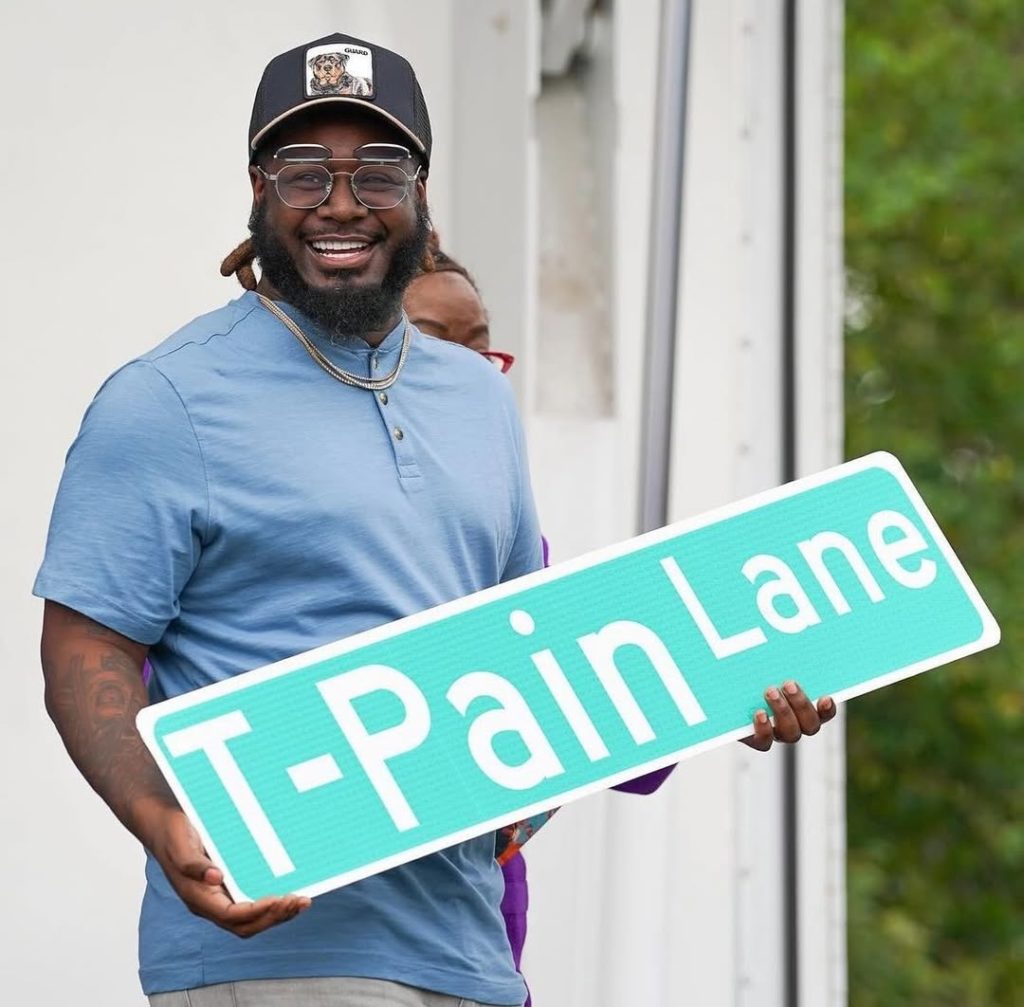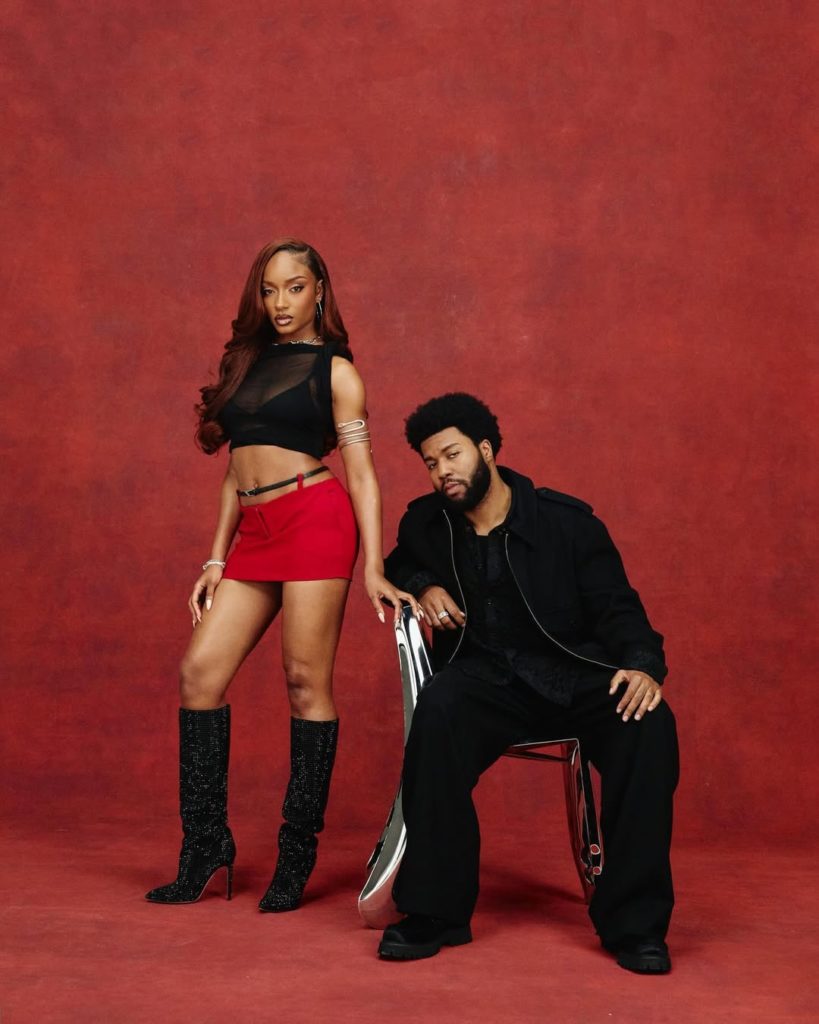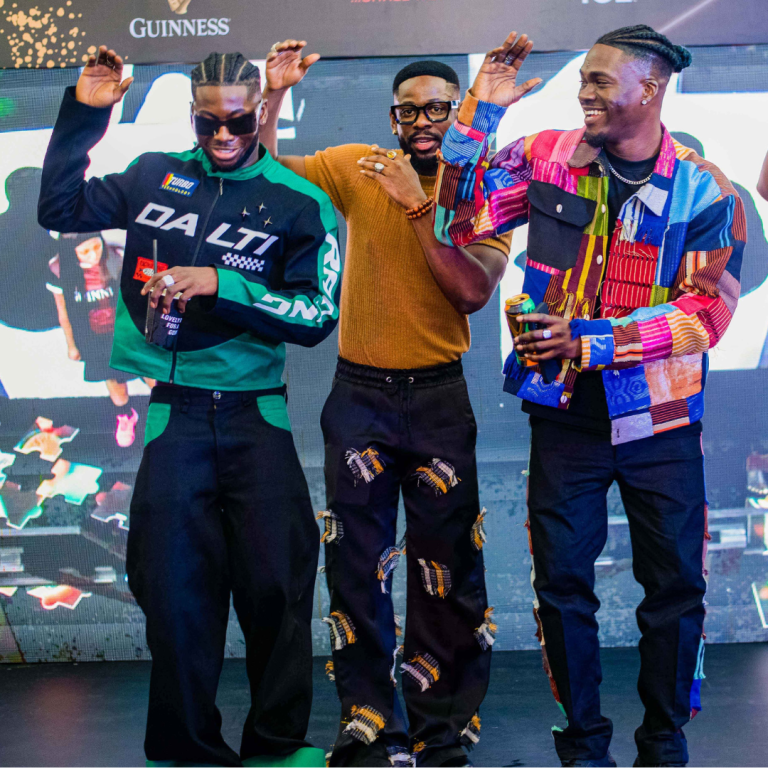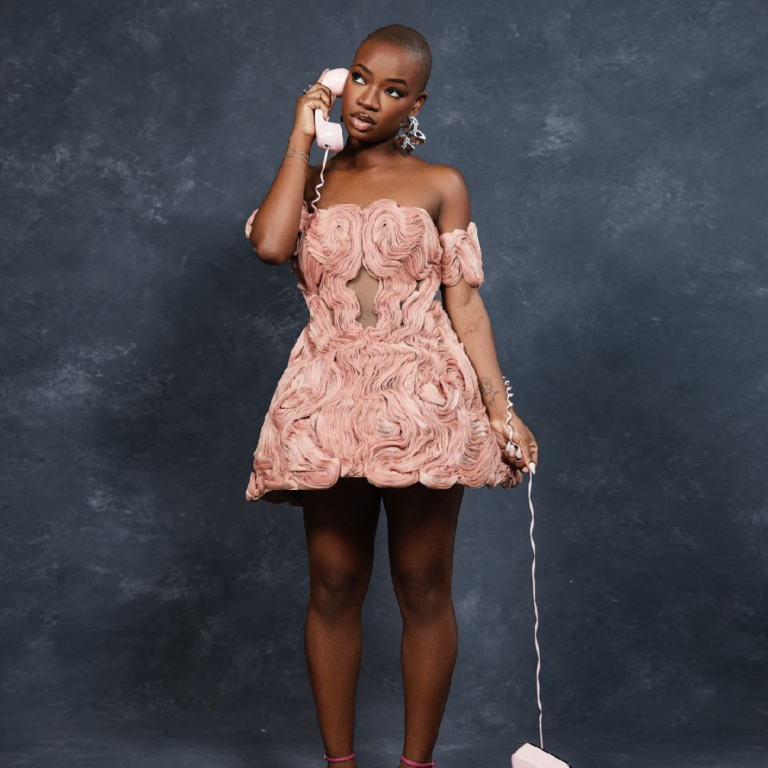In November, John Dailey, the mayor of Tallahassee, a town in Florida, United States, honoured the American musician T-Pain, who rose to fame in the late aughts for songs like “Bartender” and “Can’t Believe It,” with a key to the city and a street renamed after him. At the municipal level in the US, this is the highest honour a mayor could bestow on a personality like T-Pain, who had attained success nationally and globally.
“As a hometown hero, T-Pain has inspired countless fans and artists worldwide, and we’re proud to call him one of our own,” the mayor posted on X. T-Pain posted a video from the event thanking the mayor and the city. There was a small reception after. He gave a speech, and there was applause.
But in the Nigerian cyberspace, this was further proof that they had successfully revived his career. “When God decide[s] to lift u up, He will make Nigerians remember you.🙌 Nigerians are [the] giant of Africa fr,” a user posted on X.
As the Nigerian economy continued to nosedive, to critique President Bola Tinubu and his policies that got the country here, young Nigerians gave him the moniker “T-Pain” as a constant reminder of how painful the year had been.
While Nigerians may not have been the reason T-Pain received the honour in his hometown, the conversation online quickly moved away from him to the dire state of the naira against the dollar.

This was only one of many times that Nigerians hijacked an otherwise foreign conversation and became the primary commentators in 2024. In April, after the American investor Paul Graham claimed that the appearance of “delve” in formal written communication was evidence that Chat GPT had been used, he spent days going back and forth with Nigerians who branded him “naive.”
When the American musician Khalid came out as gay in November, he was responding to a Nigerian who had replied to his post on X, saying, “Wait, hope Mr Khalid isn’t GEHHH?” It was the spelling of “gay”—gehhh—that had become a mainstay in the comment sections and captions of Nigerian gossip blogs that regularly post about men their editors suspect, for whatever reason, were gay.
Days later, Khalid announced that he was releasing “Make It Up To You,” his song with the musician Ayra Starr. When Oprah Winfrey denied allegations that she was paid to endorse Kamala Harris for president of the US, she was responding to a post made by the Nigerian marketing strategist Idia Ogala.
How did Nigerians find themselves in the thick of online discourse like this in 2024?
“What’s made it infinitely easier to be visible on the internet is all the culture we’re exporting through Afrobeats and Nollywood. We have a rich pop culture that serves as a portal connecting us to the rest of the world,” Samson Toromade, who works at Archivi, a startup that archives old Nigerian newspapers said.
“We’re not just the home of the Nigerian Prince scam emails—which was one of our earliest prominent reputations on the internet—we’re also where all the funny Aki and Pawpaw memes and Rema’s ‘Calm Down’ originated from.”
Across the internet, famous celebrities or just rising influencers looking for virality have leaned into Nigerian culture to promote everything from a new album to an owanbe-themed pornographic film.
D James, a UK DJ, toured Nigeria and other parts of Africa this year after he started posting Afrobeats mixes that went viral on WhatsApp. When Nicki Minaj promoted her new album, The Pinkprint (Tenth Anniversary Edition), she made multiple posts on X in Pidgin. She later announced that she had featured Davido on the album. In the song with Davido, “If It’s Okay,” she also featured the French DJ, David Guetta.
“We’re very dramatic people by nature—it bleeds into everything—and that’s a potent recipe in humour that sticks. You just have to look into our local proverbs for example,” Toromade said. “The Pidgin English and how we deploy that in our humour is also an interesting touchpoint. It sounds exotic in a way that creates a huge draw.”
Even as the country has continued to rise up every negative World Ranking, from Worst City to Live (#9 for Lagos) to Country with the Least Educated People (#12), on the internet, the influence that Nigerians have built for themselves is undeniable. The “bro to bro” TikToker, Luis Olivas has been posting his content where he offers dating advice to mostly young men for a long time. But after Nigerians stumbled on his account this year, his follower count, which stood at just under 100k, has now reached over a million.
“The internet is getting smaller,” Toromade said. “Nigerians have hacked virality on these social platforms. There are really influential Nigerian voices on Football Twitter, for example, and it’s shocking to me sometimes.”
This year, there were debates about “soft power” and how Nigerians can use this influence to challenge old stereotypes about the country as a third-world nation with corrupt leaders and a hotbed for online scammers.
But it is one thing to attain virality, and it is something else to use that virality to gain positive outcomes and significant social capital on the global stage. If Nigerians are still being treated poorly at many ports of entry in the West and even in other African countries, then what is all this razzmatazz on social media really about?

When he thinks about this, Toromade is very optimistic.
“We’re making inroads in connecting with the global community and actually getting hits. The world is using our memes, attempting to use our special version of English, and seeking collaborations with our creators enough that they’re even coming down here,” he said.
“I don’t know what it means, but it’s clearly something.”




